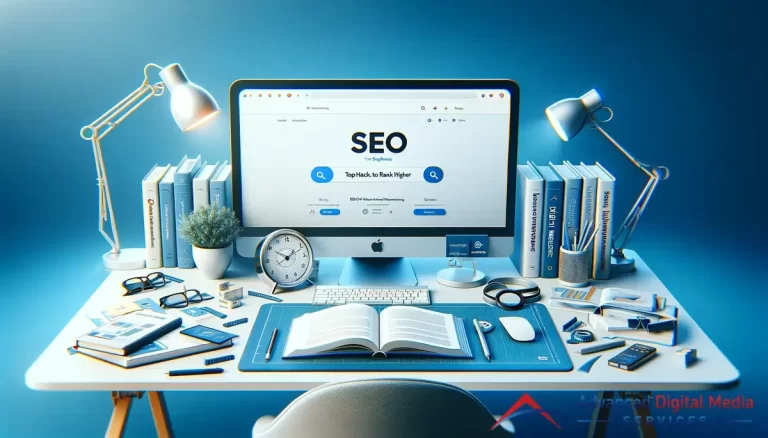If you’re operating a business that’s trying to compete on the internet, it’s crucial to generate leads from potential customers. One of the fastest ways to do this is by using pay-per-click (PPC) marketing. When this marketing technique is utilized alongside search engine optimization (SEO), it can be a powerful way to quickly bring in targeted traffic to your business.
What is PPC?
Pay-per-click marketing allows you to purchase ads that are shown to users searching for the kinds of products or services you offer. When you use this type of service, you’ll pay a fee every time a person clicks on one of your ads. By advertising and receiving a click to your website or a specific landing page, you have a chance to entice an individual to read your content and possibly purchase from you. You’re paying for traffic instead of trying to get it organically like you would with an SEO strategy.
How Does Pay-Per-Click Advertising Work?
When a person goes to a website like Google and utilizes their search engine, they might be looking for something to buy. After typing what they want into the search bar and receiving results, they’ll usually see both paid ads and organic listings. When you’re looking at results and want to differentiate between what is PPC and what is organic, it can be determined by looking directly under the title of a listing. Advertisements will be placed near the top of the search results and will have a small indicator next to the URL, which informs a user that they’re looking at an advertisement. Organic listings appear after scrolling down further.
Outbidding Competitors
Pay-per-click marketing is not a first come, first served marketplace. If you want to participate, you must be the highest bidder for the position you want your ad to be in. If you’re bidding for ads in a competitive marketplace, your ad may be more expensive than other industries, which is common if you’re involved in the financial industry. You’ll likely pay more for these types of positions than a company that sells cleaning supplies.
It’s important to note that the price you pay won’t change due to the number of times your ad is displayed. You are only charged when a person clicks on your listing and goes to your preferred landing page.
Benefits of Using Pay-Per-Click Marketing
Now that the question of “What is PPC” has been answered, it’s important to know why you should use it.
The primary advantage of this type of Internet marketing is to list your brand at the top of the search engine results pages when a potential customer is looking for your products or services.
While you can also utilize SEO to organically list yourself in top positions, PPC guarantees a top position in the area where ads are displayed, which is quite beneficial when you want to bring in qualified traffic quickly. It’s especially important to you as a marketer if your goal is to emphasize the presence of your brand when someone is using a mobile device.
Sponsored results take up larger chunks of screen space. This allows your business to reach out to potential customers at a specific cost that meets your budget.
Utilizing Google Ads
One of the most popular pay-per-click advertising options can be found by utilizing Google Ads. Their platform allows you to create ads that appear on their search engine and other digital properties owned by the company.
To participate on their platform, you bid on specific keywords and pay for the clicks you receive. The position that your ad receives is based on a couple of factors, which include the amount you’ve bid and the quality of your ad campaign. These factors are more formally known as your CPC Bid and Quality Score.
Conducting Keyword Research for Pay-Per-Click Advertising
It’s important to conduct keyword research when you’re performing this type of marketing. Each campaign you create is built around specific keywords associated with your products or services. It can be an ongoing job to create successful ads that cost as little as possible, but this will cut down on your expenses.
You should probably regularly do your keyword research if you are running consecutive ad campaigns. You want to utilize PPC keywords that are highly relevant to your business, and that may change over time. Also, it’s important to look for longtail keywords that are less common or specific than popular ones. By refining and expanding your campaigns, you can tap into hidden gems that can add to sales and profits.
Managing and Tracking
Successful pay-per-click marketing campaigns should emerge when you manage them regularly. This helps to ensure that they remain effective. With most campaigns, you will probably continue to add keyword phrases periodically to see if they are relevant to your business.
You can track your success by splitting up ad groups, which can also improve your Quality Score and click-through rate (CTR), and you’ll be able to create more targeted landing pages by doing this. When used correctly, pay-per-click marketing can be a powerful addition to your marketing arsenal.
Advanced Digital Media Services, a company that offers SEO services, can assist you with your marketing needs and answer your specific questions. Be sure to enter your details below and one of our representatives will get in touch with you shortly.





